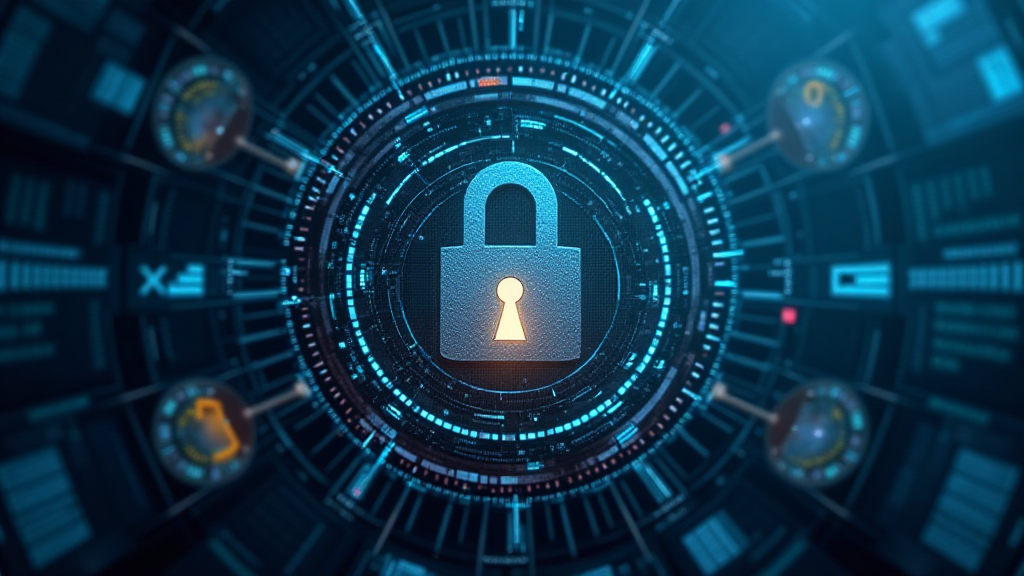Introduction
In 2024, the cryptocurrency world witnessed an alarming trend, with hackers stealing over $4.1 billion from decentralized finance (DeFi) platforms alone. This underscores the need for robust blockchain security standards as we transition into 2025, particularly in rapidly growing markets like Vietnam. With a 40% increase in cryptocurrency adoption among Vietnamese users, understanding HIBT Vietnam latest news is essential for both investors and developers alike.
Why Blockchain Security Matters
The cryptographic principles underlying blockchain technology are designed to offer a secure and immutable record of transactions. However, vulnerabilities still exist, and they can have devastating consequences for users and businesses. Like a bank vault for digital assets, understanding these vulnerabilities is paramount in protecting one’s investments.
Common Vulnerabilities in Blockchain Technology
- Smart Contract Bugs: According to a report, nearly 70% of hacks emerged from exploitative smart contracts. Ignoring comprehensive audits can lead to significant financial loss.
- Consensus Mechanism Vulnerabilities: Different consensus mechanisms, like Proof of Work and Proof of Stake, come with their distinct security challenges. It’s crucial to choose the right mechanism for your blockchain.
- Data Integrity Risks: Ensuring that the data is accurate and tamper-proof is an ongoing challenge. Regular checks can help maintain data integrity.
Understanding HIBT Standards for Security
With the growing concerns over security in the crypto world, the HIBT Vietnam latest news offers insights into the security standards every blockchain project should adhere to. These standards are designed to minimize risks and protect users. The key elements include:

- Comprehensive Auditing: Regular audits by reputable firms can drastically reduce vulnerabilities.
- Penetration Testing: This helps identify flaws before they can be exploited.
- Dynamic Security Protocols: Deploying adaptive measures based on real-time threats.
Aspects of Blockchain Security Explained
To effectively secure crypto-assets, projects must focus on various aspects. Here are few important ones:
- Encryption Techniques: Robust encryption is vital. Make sure to use AES-256 and other strong encryption methods.
- Decentralized Storage Solutions: Unlike centralized databases, decentralized systems reduce single points of failure.
Significance of Local Data in Vietnam
Vietnam is one of the fastest-growing cryptocurrency markets in Asia, with user growth rates soaring at 300% annually. According to a recent survey, nearly 60% of the Vietnamese population is aware of cryptocurrencies, indicating a burgeoning market for blockchain investment.
The Vietnamese Approach to Blockchain Regulation
To bolster the credibility and trust of cryptocurrency services, Vietnam has been actively working on establishing regulations governing digital assets. The government aims to ensure compliance with international standards while fostering innovation.
- Secure Exchanges: Local exchanges must adhere to strict security measures, regularly reporting vulnerabilities.
- Investor Protection: Laws are being discussed that will protect users against fraud, ensuring consumer security.
Practical Tips for Securing Your Crypto Assets
Here’s the catch: while technology can provide robust defenses, users must also be proactive. Here are some practical steps to enhance security:
- Use hardware wallets like Ledger Nano X that can reduce hacks by 70%.
- Always enable two-factor authentication wherever possible.
- Stay informed about the latest threats and updates from trusted sources like HIBT Vietnam latest news.
Conclusion
As we forge ahead into a rapidly evolving digital landscape, understanding HIBT Vietnam latest news and incorporating best practices in blockchain security will be vital for protecting assets. Regular audits, compliance with security standards, and proactive user involvement are essential components of a secure blockchain environment.
Trust is not given; it’s earned through transparency and diligence. By incorporating these practices, both individuals and businesses can build a safer cryptocurrency ecosystem in Vietnam and beyond.


